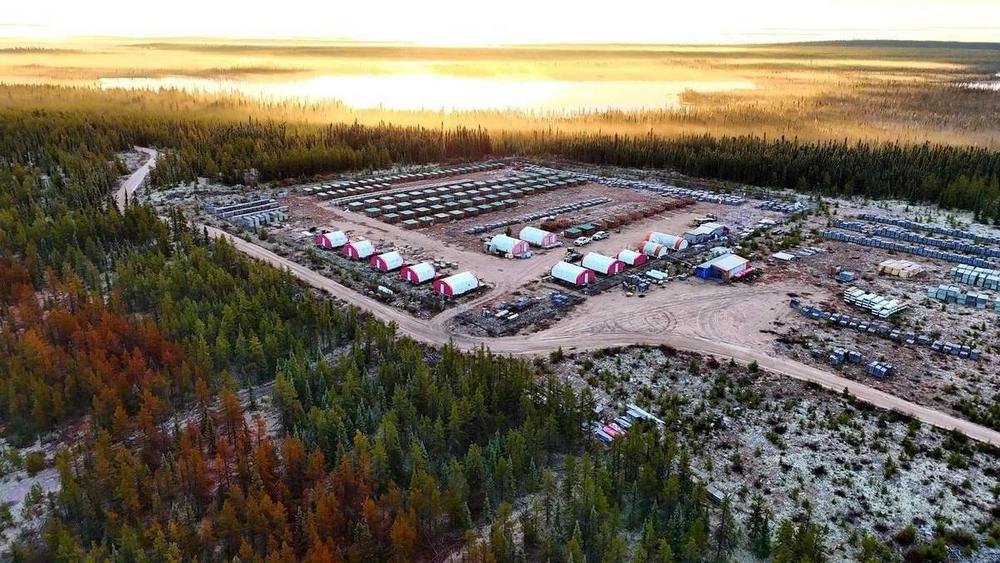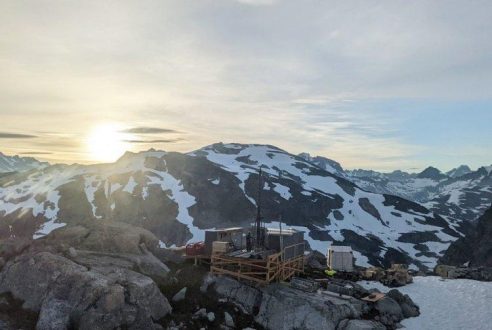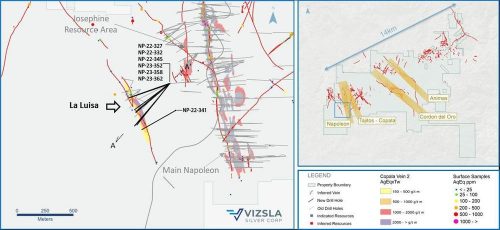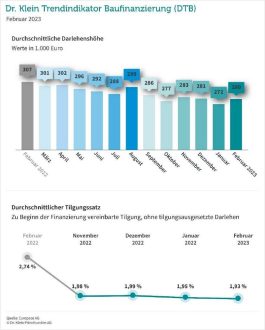
Food security – rice, nuclear technology, uranium, fertilizer
Uranium and nuclear energy ensure sustainable rice production. Potash fertilizer also improves the harvest.
Farmers in six Asian countries have joined forces with the Food and Agriculture Organization of the United Nations (FAO) and the IAEA (International Atomic Energy Agency) to implement agricultural practices based on nuclear energy. The IAEA and the FAO have founded the "Atoms4Food" initiative. 90 percent of the world’s rice harvest is grown and consumed in Asia. Rice is the staple food for around 60 percent of the Asian continent. Climate change and water shortages call for an increase in rice production. Nuclear technology is being used to increase productivity and find the perfect mix of chemical and organic fertilizers.
As a result, rice yields can often be increased from one to 2.5 tons of rice per hectare. Soil health is also improved. Climate-friendly agriculture is thus created through the interaction of nuclear science and technology. Food security is important. And nuclear energy can influence harvests worldwide. Nuclear energy is primarily a means of pushing back fossil fuels. Many countries use this to achieve CO2 targets. The most important raw material here is uranium. This is extracted by mining companies.
If investors want to bet on uranium, it is also worth taking a look at the only royalty company in the uranium sector, Uranium Royalty – https://www.commodity-tv.com/ondemand/companies/profil/uranium-royalty-corp/ -. The company’s portfolio, which shines with diversification, includes royalties, uranium interests and a physical uranium holding.
When it comes to potash fertilizer, Millennial Potash – https://www.commodity-tv.com/ondemand/companies/profil/millennial-potash-corp/ – comes to mind. Its Banio potash project in Gabon, Africa, has many positive characteristics such as low costs.
Current company information and press releases from Uranium Royalty (- https://www.resource-capital.ch/en/companies/uranium-royalty-corp/ -) and Millennial Potash (- https://www.resource-capital.ch/en/companies/millennial-potash-corp/ -).
In accordance with §34 WpHG I would like to point out that partners, authors and employees may hold shares in the respective companies addressed and thus a possible conflict of interest exists. No guarantee for the translation into English. Only the German version of this news is valid.
Disclaimer: The information provided does not represent any form of recommendation or advice. Express reference is made to the risks in securities trading. No liability can be accepted for any damage arising from the use of this blog. I would like to point out that shares and especially warrant investments are always associated with risk. The total loss of the invested capital cannot be excluded. All information and sources are carefully researched. However, no guarantee is given for the correctness of all contents. Despite the greatest care, I expressly reserve the right to make errors, especially with regard to figures and prices. The information contained herein is taken from sources believed to be reliable, but in no way claims to be accurate or complete. Due to court decisions, the contents of linked external sites are also co-responsible (e.g. Landgericht Hamburg, in the decision of 12.05.1998 – 312 O 85/98), as long as there is no explicit dissociation from them. Despite careful control of the content, I do not assume liability for the content of linked external pages. The respective operators are exclusively responsible for their content. The disclaimer of Swiss Resource Capital AG also applies: https://www.resource-capital.ch/en/disclaimer/
Swiss Resource Capital AG
Poststrasse 1
CH9100 Herisau
Telefon: +41 (71) 354-8501
Telefax: +41 (71) 560-4271
http://www.resource-capital.ch
Telefon: +49 (2983) 974041
E-Mail: info@js-research.de
![]()



